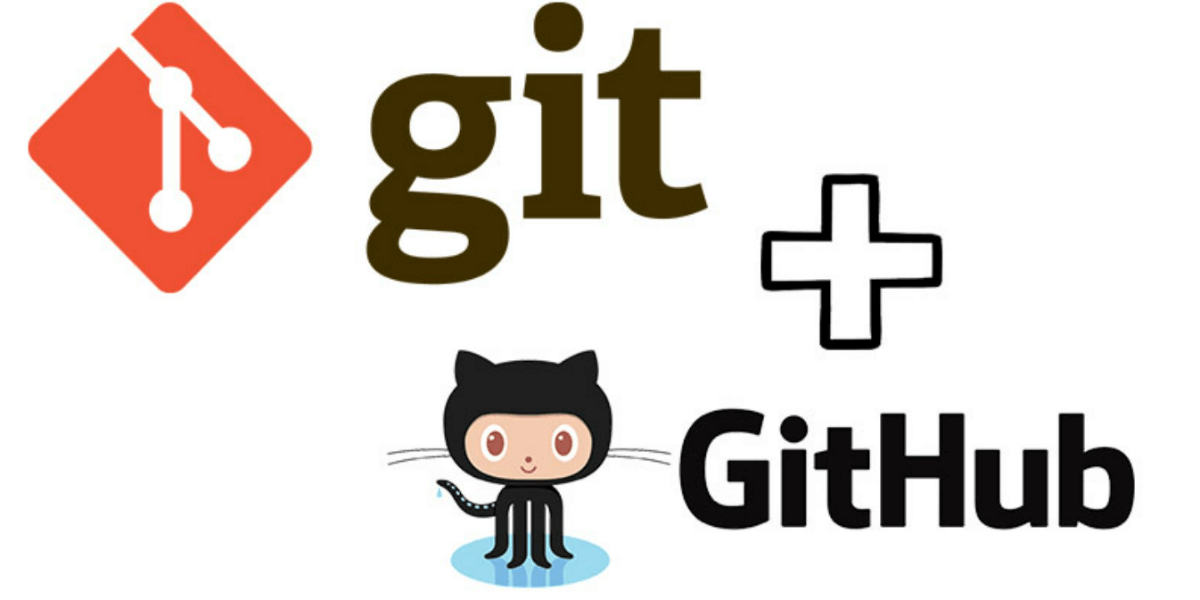GitHub is a code hosting platform for collaboration and version control. GitHub lets you (and others) work together on projects. It is a web-based hosting service for version control using Git. It provides distributed version control and source code management (SCM) functionality of Git. It also facilitates with some collaboration features such as bug tracking, feature requests, task management for every project.
GitHub is a popular site for open source projects, and it is also used by many companies for their internal development projects. GitHub is a great way to collaborate on code, and it is a valuable tool for any developer.
Here are some of the benefits of using GitHub:
Collaboration: GitHub makes it easy to collaborate on code with others. You can create repositories that are shared with other developers, and you can make changes to the code and then merge those changes back into the main repository.
Version control: GitHub uses Git for version control. This means that you can track changes to your code over time, and you can easily revert to previous versions of your code if you need to.
Hosting: GitHub hosts your code for you. This means that you don’t have to worry about storing your code on your own computer or server.
Security: GitHub takes security seriously. Your code is stored in a secure environment, and you can use two-factor authentication to add an extra layer of security to your account.
Community: GitHub has a large and active community of developers. You can ask questions, get help, and find inspiration from other developers on GitHub.
If you are a developer, I highly recommend using GitHub. It is a great tool for collaboration, version control, and hosting your code.





